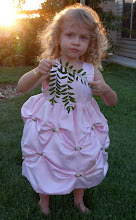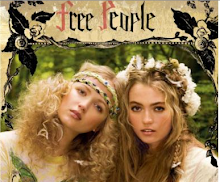But it is true that preternatural communities tend to have a significant number of troubled individuals, and the prevalence of anxiety and mood disorders is appalling. In the absence of functional physiology, psychotropic medications are ineffective with the Dead, the Undead, or the Disembodied. So psychotherapy remains the treatment of choice. We work with the same issues that plague the human population, including depression, anxiety, identity confusion, and problems with interpersonal relationships.
Preternatural therapy is not risk free for the treatment provider. I am required to take out an expensive rider on my accidental death and disability policy to cover the possibility of being bitten by a werewolf, possessed by a demon, or raised as a zombie by a voodoo practitioner. Liability coverage for practicing therapists who regularly work with lycanthropes—to give only one example—is a substantial business expense. Dark Side treatment lends a new meaning to the term “risk management.” There are compensations for the upside-down work schedule; for example, reimbursement from the Forces of Darkness is actually a little less complicated than seeking payment from the average health insurance company.
Although my office hours tend to be later than those of my diurnal colleagues, our therapy methods are much the same. Ethical guidelines and treatment standards are identical. Be assured that troubled preternatural friends and family who seek psychotherapy obtain as high-quality psychological care as the human population.


 humorous,
humorous,  or silly.
or silly. 
 for example, was beneficial to humanity, or at least not harmful, and was recognized as such by one of our most renowned vampire slayers.
for example, was beneficial to humanity, or at least not harmful, and was recognized as such by one of our most renowned vampire slayers.






























